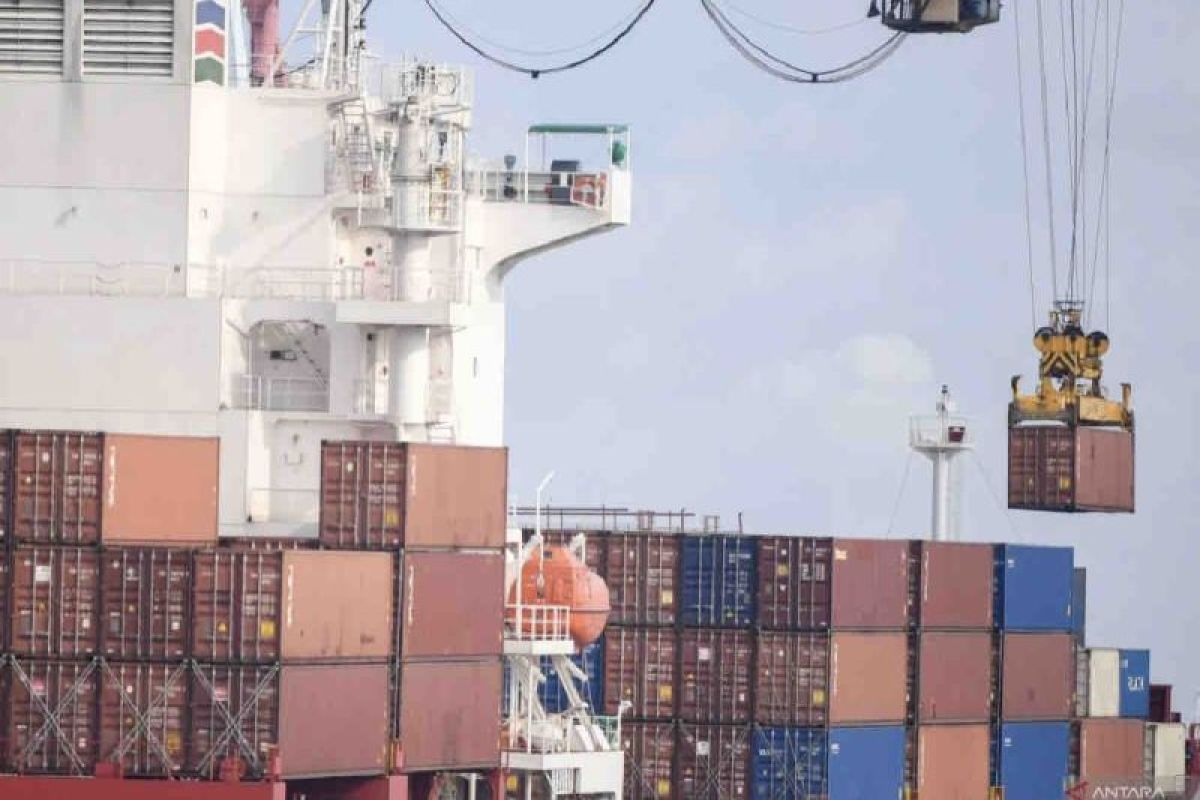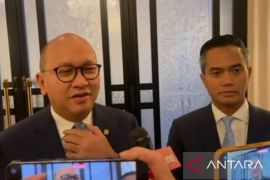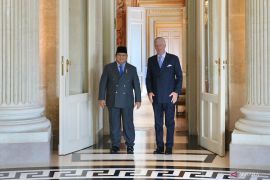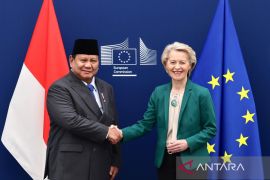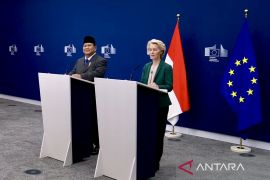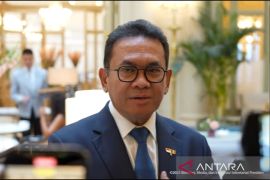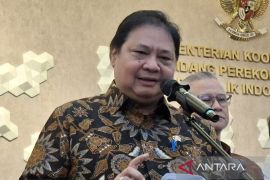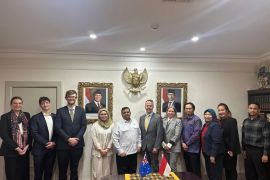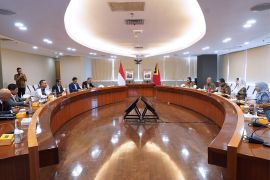It was the 45th month since May 2020 that Indonesia was able to record a surplus.
A surplus occurs when the export value is higher than the import value. This means that the portion of Indonesia's trade in goods and services abroad is greater than buying from other countries.
Moreover, Indonesia’s economic growth has been stable at five percent. In terms of inflation, the country managed to maintain it at below three percent.
Of course, these three indicators will not bring about significant changes, if they are not accompanied by various follow-up efforts.
Indonesia needs to continue to expand markets, diversify goods and services, make trade agreements, and strengthen its trade representatives abroad.
Trade expansion
In recent years, the Ministry of Trade has intensively penetrated trade into non-traditional markets, such as Latin America, Central and Eastern Europe, Africa, South and Central Asia, and the South Pacific. They are considered to have economic potential and prospects for non-oil and gas trade.
Trade Minister Zulkifli Hasan stated that the government focuses on pushing trade expansion toward inclusive and sustainable economic growth.
Trade expansion is deemed crucial to strengthen the foundation of transformation that has been made by the Ministry of Trade to advance Indonesia’s exports.
Indonesia is currently targeting non-traditional markets, such as India, Pakistan, Bangladesh, and the Middle East, including Africa and Latin America.
Countries that fall into the non-traditional market category have enormous potential, as there are more than two billion people there.
Indonesia needs to explore and diversify its products. Some that can become the country’s mainstay products are footwear, clothing, electronic equipment, steel, palm oil, electric vehicle batteries, and food and beverages.
In terms of food and beverage products, it can be said that Thailand and Vietnam are superior to Indonesia. Nevertheless, Indonesia has diverse food and beverage products, and the quality is no less.
With attractive packaging or design as well as guaranteed taste and quality standards, it is believed that Indonesia will be able to compete with those two countries.
Products with added value
Exports are not merely about selling goods or services abroad. Without added value from goods and services, Indonesia will only be looked down upon.
Indonesia’s export structure must also transform from raw commodities that have added value to export products that are based on high- and medium-technology manufacture.
This transformation needs to be supported by the strengthening of trade diplomacy to increase competitiveness and the downstreaming policy that focuses on potential markets and products.
A researcher at the Trade and Investment Industry Center of the Institute for Development of Economics and Finance (Indef), Ahmad Heri Firdaus, noted that Indonesia still exports a lot of semi-finished products, so its position remains low in the global supply chain.
For that reason, a fundamental change is needed in the country’s export structure, so that Indonesia can play a more significant role in the global supply chain. Before that, Indonesia also needs to change the structure of its manufacturing industry.
Trade representatives and agreements
Once quality and varied products are realized, trade promotions should be conducted. This is where trade representatives are needed.
Strengthening trade representatives abroad is highly needed to realize the target of exploring non-traditional markets as an effort to expand export destinations.
These trade representatives need to be backed by skilled human resources and also sufficient budget to be able to support the promotion of Indonesian products.
Trade missions carried out by Indonesian trade representatives also have a major contribution to the country.
For instance, the trade mission to Saudi Arabia in January 2023 resulted in a cooperation agreement worth US$155.7 million. Meanwhile, the trade mission to Egypt in May 2023 resulted in potential transactions worth US$859 million.
Trade representatives have a strategic responsibility in conveying trade policies, market opportunities, regulations, hindrances, as well as other initiatives.
Moreover, trade representatives can be the main source of information and guidance for business players in Indonesia or other countries to understand trade procedures more easily.
Every country has its own trade procedures or governance. Thus, it is not surprising that trade negotiations take years to reach a mutually beneficial agreement.
The benefits of trade agreements include opening market access with potential partners, eliminating import tariffs, and increasing the competitiveness of the service sector that meets global standards.
Trade agreements with non-traditional market countries can also contribute to the creation of new markets to boost exports.
Currently, Indonesia already has 37 international agreements that have been signed.
Based on the Trade Ministry's record, throughout 2023, three trade agreements have been implemented, namely the Indonesia-United Arab Emirates Comprehensive Economic Partnership Agreement (IUAE-CEPA), the Regional Comprehensive Economic Partnership (RCEP), and the Indonesia-Korea Comprehensive Economic Partnership Agreement (IK-CEPA).
Several other trade agreements that have been completed comprise the Indonesia-Malaysia Border Trade Agreement (BTA), International Coffee Agreement (ICA) 2022, and the Second Protocol to Amend the Agreement Establishing the ASEAN–Australia–New Zealand Free Trade Area (AANZFTA).
Business players must make the most of these trade agreements, so that Indonesia’s export performance continues to improve, and the country can then play a role in the global supply chain.
With various agreements and performances recorded in the earlier period, 2024 may turn out to be a better year for Indonesia’s trade.
Indonesians can be optimistic that the target for non-oil and gas exports in 2024 to grow by around 2.5 percent to 4.5 percent will be realized.
Related news: Indonesia's trade balance in surplus again in January 2024: BPS
Related news: 2023 trade surplus points to resilience: ministry
Editor: Rahmad Nasution
Copyright © ANTARA 2024
